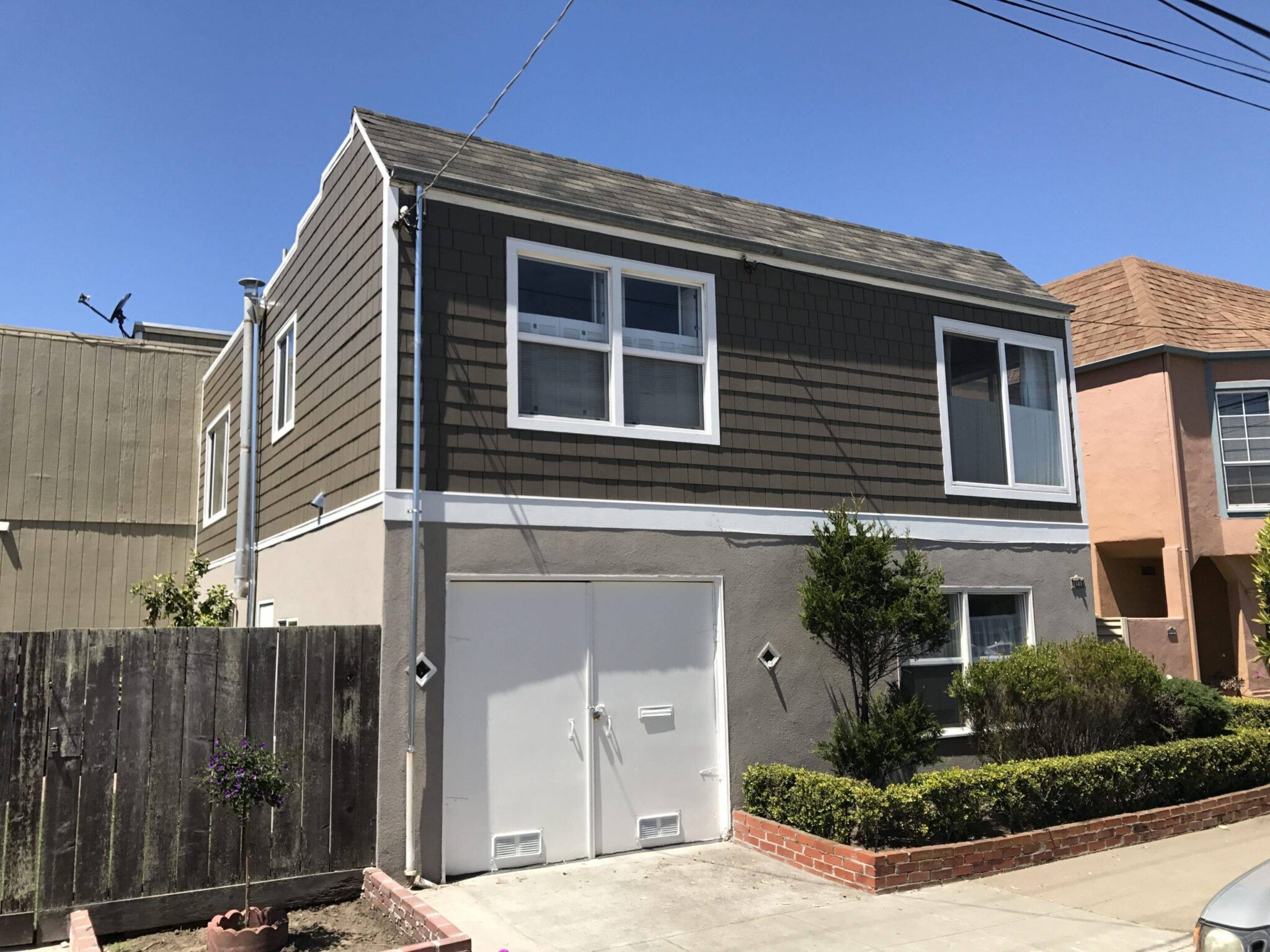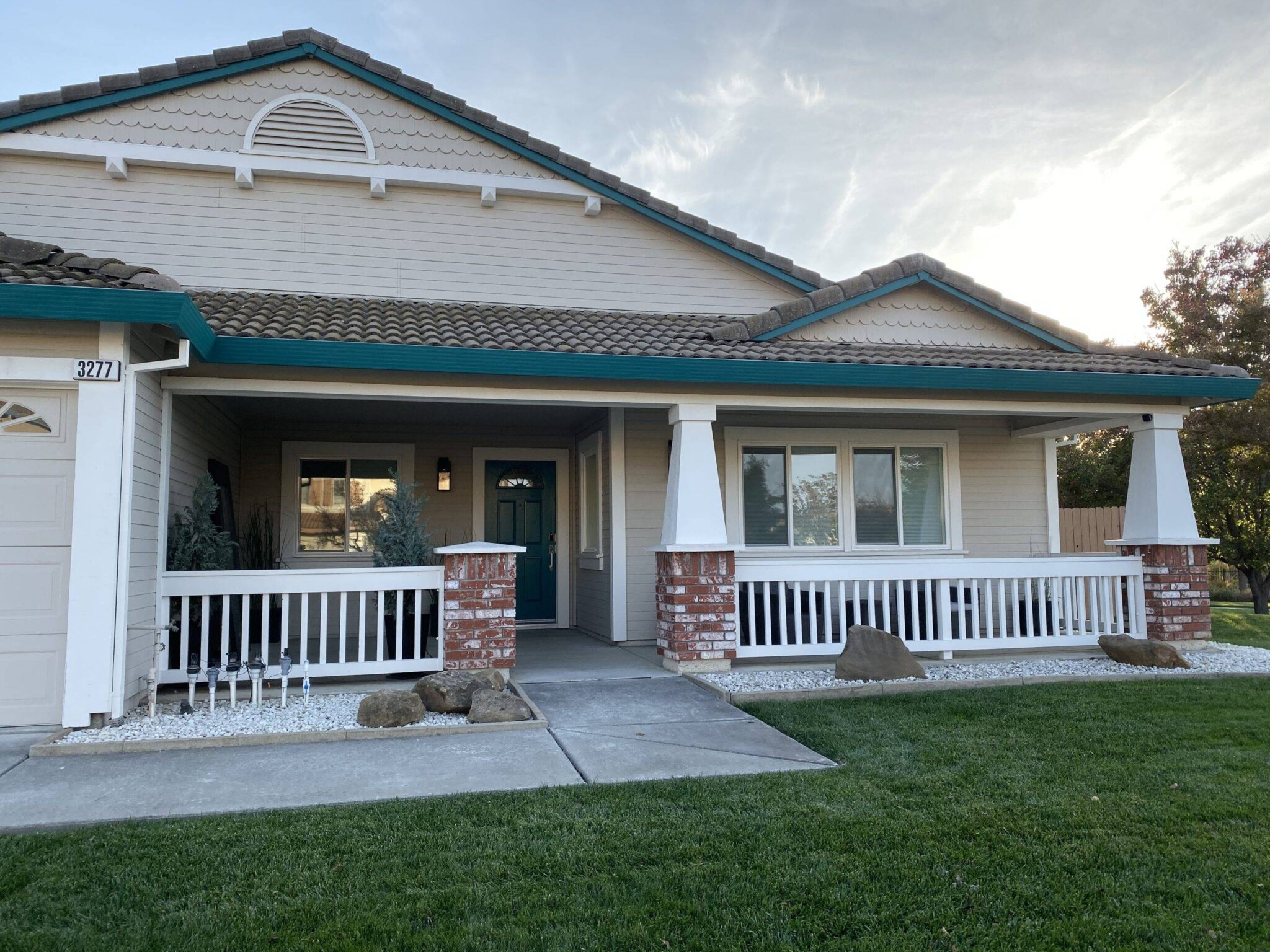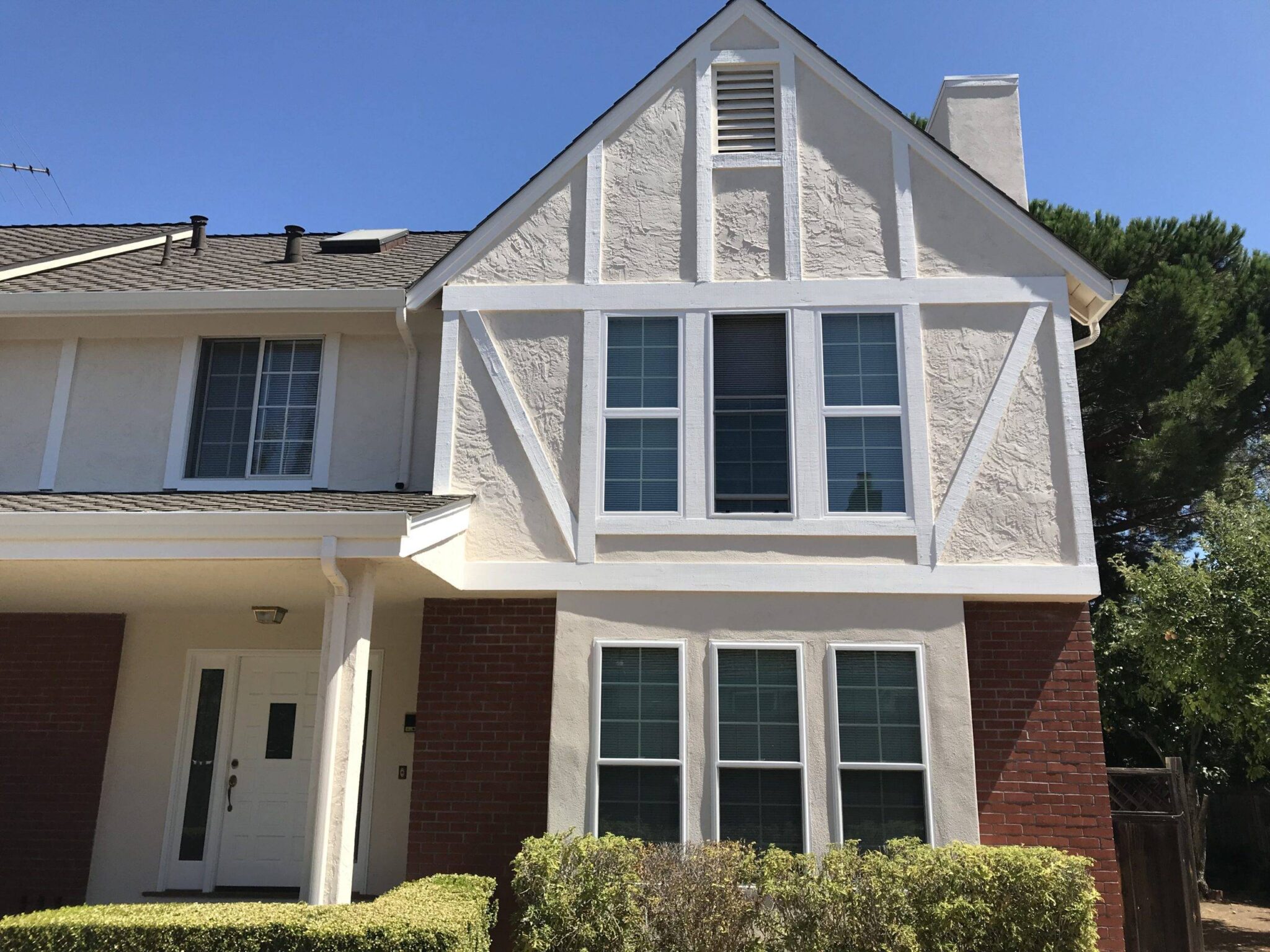
Evaluating Whether 20-Year-Old Windows Need Replacing
Introduction
Windows play a critical role in the comfort, aesthetic appeal, and energy efficiency of your home. Yet, just like any other components of your house, they have a lifespan that can impact their performance. If you find yourself staring at your 20-year-old windows and wondering whether it's time for an upgrade, you're not alone. Many homeowners face this dilemma, often weighing the cost of window replacement against the benefits of modern innovations. In this comprehensive guide, we will delve into the factors that determine whether your aging windows should be replaced or if they can be repaired to extend their life.
Evaluating Whether 20-Year-Old Windows Need Replacing
When it comes to evaluating whether your windows need replacing at the ripe age of 20 years, several factors come into play. This evaluation is crucial as it can affect not only your home's energy efficiency but also its overall value.
Signs That Your Windows Are Past Their Prime
1. Visible Damage or Deterioration
One of the first signs that you might need to consider window replacement near me is visible damage. Look for:

- Cracks in the glass
- Broken seals
- Rotting frames
- Warping or bending
These issues not only compromise aesthetics but also allow outside elements to invade your home.
2. Increased Energy Bills
Have you noticed a spike in your energy bills? Older windows often lack the insulation properties found in more modern designs. If you've been cranking up the thermostat during winter or running air conditioning non-stop during summer, it might be a sign that it's time for home window replacement.
3. Drafts and Air Leaks
Feeling drafts when you stand near your windows? Air leaks are a common issue with older windows. Testing for drafts can easily be done with a simple dollar bill test—if you can pull it out easily when it's closed, it's time to consider new windows.
4. Condensation Buildup
Condensation between glass panes indicates seal failure and poor insulation quality. If you're consistently cleaning moisture off the inside of your windows, it's likely that replacement windows are needed.
The Cost-Benefit Analysis: Repairing vs. Replacing Windows
1. Repairing Your Old Windows
While some homeowners may opt for repairs to save money initially, it’s essential to evaluate if those repairs are worth it long-term:
- What is the estimated cost of repairs?
- How much longer will repaired windows last?
- Will repairs significantly improve energy efficiency?
A well-informed choice often leans towards replacing rather than merely patching issues that could return.
2. The Long-Term Advantages of Replacement Windows
Investing in new windows may seem daunting due to upfront costs; however, consider these advantages:
- Improved energy efficiency
- Enhanced aesthetic appeal
- Increased property value
- Low maintenance requirements
By focusing on these long-term benefits when considering window replacement near me, you'll likely find that new installations pay off in multiple ways.
Understanding Window Materials: Which Is Best?
When considering window installation near me, material choice plays a significant role in durability and performance:
1. Vinyl Windows
Vinyl windows are popular due to their affordability and low maintenance needs. They provide excellent insulation and come in various styles and colors.
2. Wood Windows
Wood offers classic beauty but requires regular maintenance to prevent rot and decay.
3. Aluminum Windows
While strong and lightweight, aluminum lacks insulation properties unless thermally broken—a feature that adds to costs.
Installation Process: What You Should Know
Once you've decided on replacing old windows with new ones, understanding the installation process helps set expectations:
1. Choosing Professional Window Installers Near Me
Selecting qualified window installers is critical for ensuring proper installation and maximizing window performance.
2. Preparing Your Home for Installation
Before installation day arrives, ensure you prepare your space by clearing paths to existing windows and moving furniture as needed.

Window Styles: Finding Your Perfect Match
Your choice of style affects both aesthetics and functionality:
1. Double-Hung Windows
These classic options have two operable sashes allowing ventilation flexibility.
2. Casement Windows
Hinged at one side allowing full opening for maximum airflow; great for hard-to-reach spots!
Energy Efficiency Ratings: Understanding U-Factor & SHGC
When shopping for replacement windows, familiarize yourself with ratings like U-Factor (insulation capability) and Solar Heat Gain Coefficient (SHGC). These ratings inform you about how well a window performs concerning heat loss/gain—which impacts utility costs directly.

Frequently Asked Questions (FAQs)
1. How do I know if my 20-year-old windows need replacing?
Look for visible damage such as cracks or leaks; increased energy bills are also a warning sign indicating potential replacements might be necessary.
2. Are there benefits from repairing old windows instead of replacing them?
Repairs may save initial costs but offer limited improvements; long-term benefits usually favor complete replacements due to enhanced efficiency and aesthetics.
3. What materials should I consider when replacing my old windows?
Popular materials include vinyl (affordable & low-maintenance), wood (classic but requires upkeep), and aluminum (strong yet less insulated).
4. How do I find reliable window installers near me?
Research local professionals through online reviews or referrals from friends/family; ensure they have good reputations backed by certifications.
5. Can I install replacement windows myself?
While DIY installations are possible if you’re handy, hiring experienced professionals guarantees proper fitment which is crucial for maximizing performance metrics like U-Factor/Solar Heat Gain Coefficient!
6. Will new windows increase my home’s resale value?
Absolutely! Newer models offer improved aesthetics while enhancing energy efficiency—both factors desirable among potential buyers!
Conclusion
In conclusion, evaluating whether 20-year-old windows need replacing involves assessing their physical condition alongside performance metrics like energy bills or noticeable drafts in your home environment! By investing time into research regarding materials/styles/installation options available near you—you're setting yourself up for success! Remember always consult professional window installers who can guide towards informed decisions tailored specifically according needs/preferences without compromising quality standards expected from modern-day installations today! Don't hesitate; take action now towards improving not just comfort levels within living spaces—but also enhancing overall value being replacement windows added onto property investments made over years gone by!